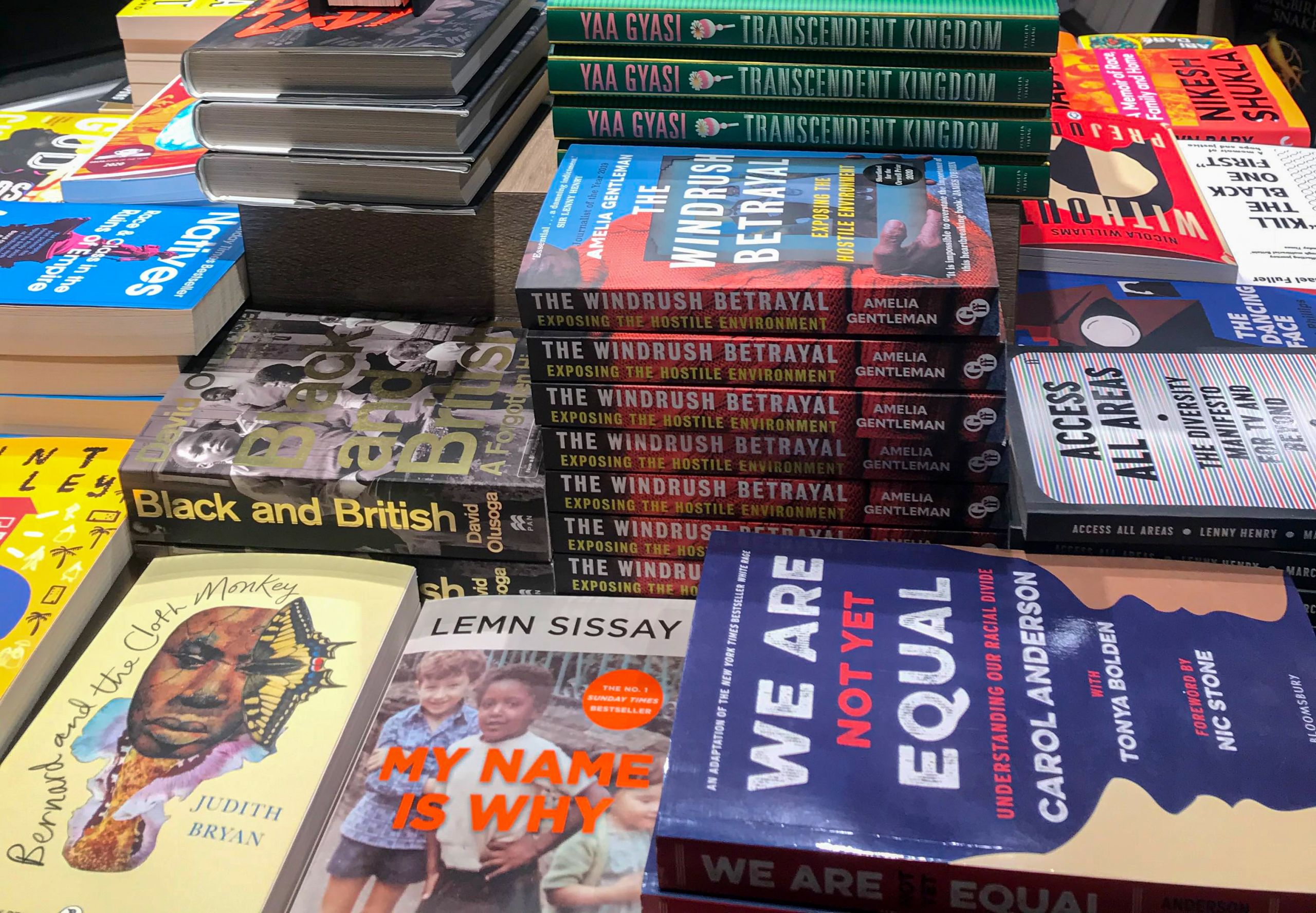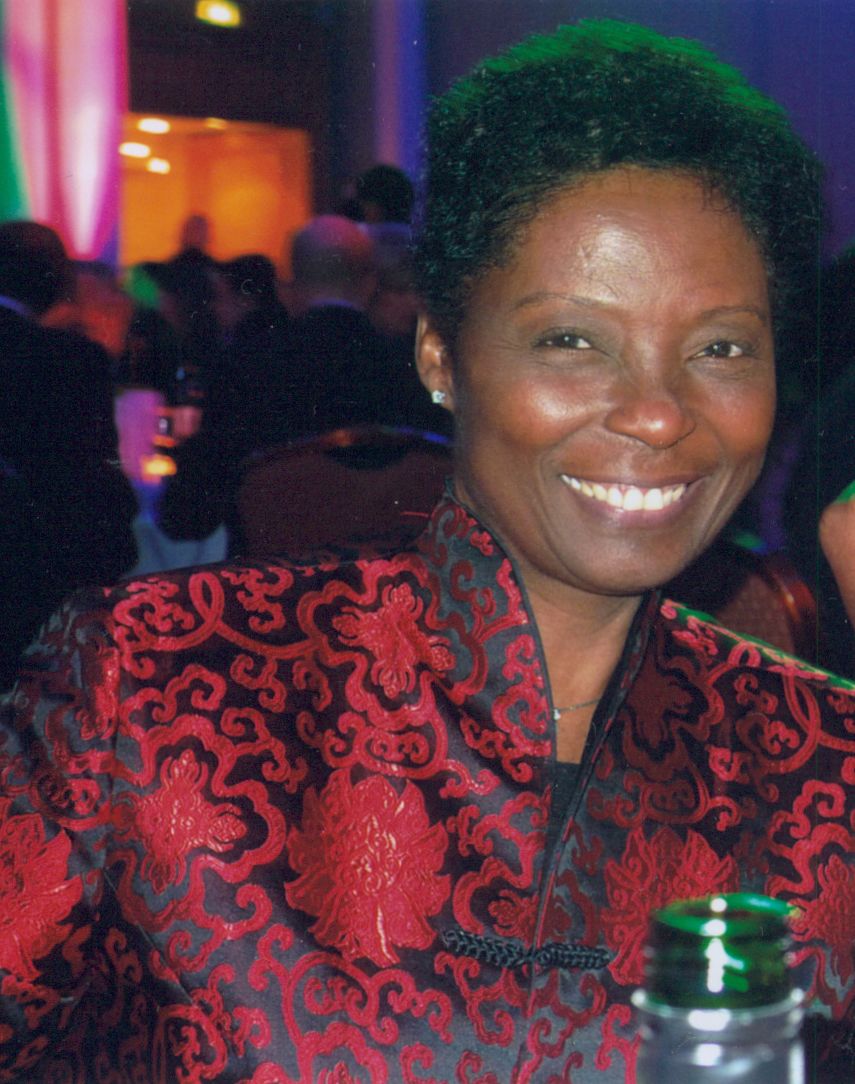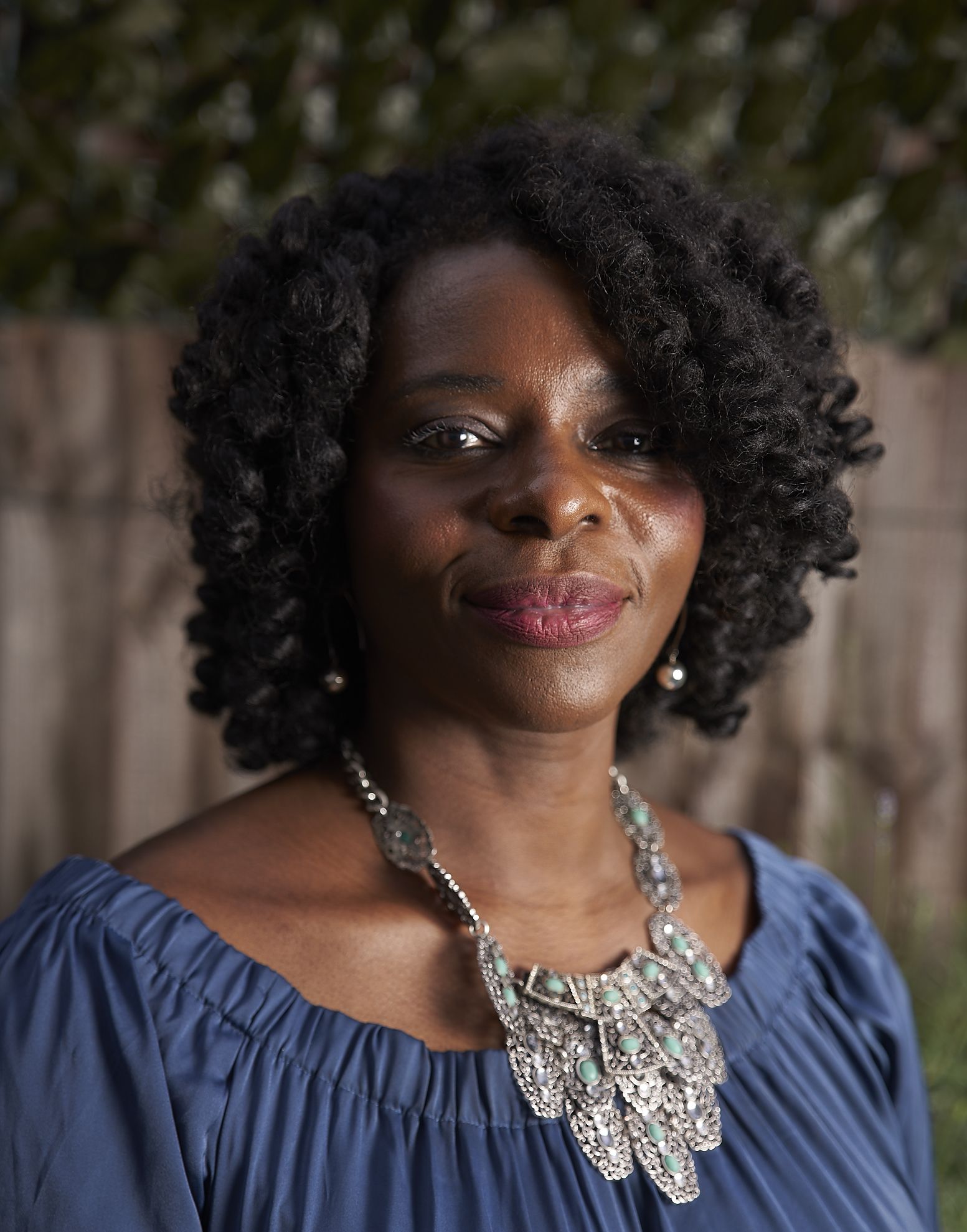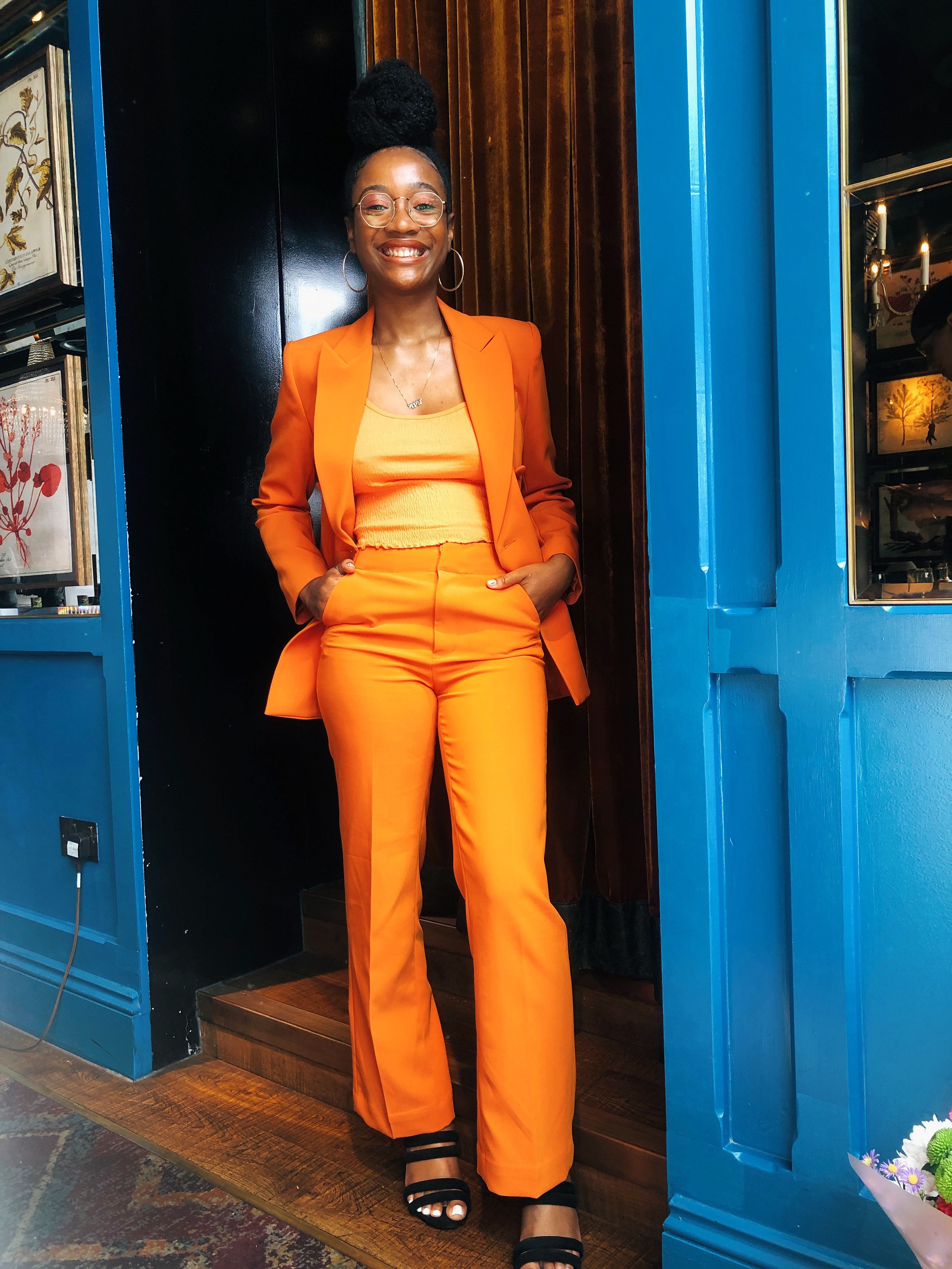Do It Yourself
Independent publishers thriving against all odds

Demographic statistics remain unchanged despite internal targets to change recruitment within the sector. Parallel to the Publishing Association workforce survey, a BookTrust study reported that only 174 people, 8.68% of children book creators were people of colour and 1.96% of illustrators and authors published from 2007 to 2017 were from a Black, Asian or ethnic minority group.
This recurring issue has led to writers of colour venturing out to publishing independently and adopting a do-it-yourself stance. Jacaranda Books, HopeRoad Publishing, Knights Of and Round Table Books are all Black-owned independent businesses, who all started their companies with the mantra of publishing books by unseen groups after they saw a gap in the market.
Rosemarie Hudson is the founder of HopeRoad Publishing and previously BlackAmber Books; one of the first Black-owned publishing companies in the UK. Valarie Brandes is the founder of Jacaranda Books, who was the first UK publisher to publish twenty Black British writers in a year. Aimée Felone is the co-founder of Round Table Books and Knights Of, which specialise in children’s books. Her inspiration for Round Table Books came after the Centre for Literacy in Primary Education (CLPE) revealed out of 9115 children’s books published in 2017, 391 featured characters from Black, Asian and ethnic minorities.
They have all been innovators in publishing for a diverse range of authors and illustrators, and for readers who scarcely see themselves in books.
How did this all start?
Rosemarie
My first book came out in 1998, they weren't any books apart from one or two American writers who were in the book shop, it was a matter of well somebody must do something about this and instead of waiting for somebody else to do it I did it, I decided to start.
Valarie
I did not know anyone who started their own business, I did not know anyone who works in publishing so, I am coming from nothing. My masters at City University kind of touched on publishing as a business, they gave you a much broader understanding of the industry. I had funding from a house that I sold in San Diego and I used that money to fund the business started with an idea of what I wanted to publish and then I would go out to places such as Black Books Swap, which used to be at Cottons, we would get Caribbean food and listen to music and then we would swap our books and they used to be a panel with people like Dorothy Koomson and Alex Wheatle. We were filling this void, there wasn’t anyone else out there trying to publish on the scale we were publishing on. The space we were trying to occupy had more of a global outlook at the time, elative young Black women just trying to see ourselves in the books and work with authors and working markets that reflected us.
Aimée
So, I studied English literature at university. In my third year, I did a school placement, so I went and studied at the University of Central Florida. Whilst I was there, they were focused on the end goal and what the focus of your career is. At the time I have no idea how I could marry out my degree with a job and it was a lecturer out there (Florida) that introduced publishing to me. I think that's important to note that it took an American lecturer to introduce publishing to me because whilst I was at University in the UK, there was nobody from publishing at careers days or at careers fairs. There is no representation of the industry and the kind of expectation was to go into journalism or teaching.
While at a Penguin internship, I applied for an entry-level role at Scholastic, I was at Scholastic for a year and a half before I was promoted to assistant editor. At Scholastic, I could see the issues and the lack of difference I think they within the office and in terms of the books that they were publishing. As well I just notice it was white and middle class there was never any other stories unless they were imported from the US. I attempted to try and do a few things that did not land, most of the things weren’t taken seriously due to lack of money. I got to the end of my tether I thought I was reaching another wall, another ceiling for what I wanted to do and that's when I met David Stevens (the co-founder of Knights Of). Being a person of colour in the industry can be and most likely a difficult process. What difficulties have you experienced while creating your publishing companies?
Rosemarie
I remember going to one of the publishing houses and trying to offer them the paperback version of one of our books and one of the editors said to me, we've had our one Black author of the year, this year. It is a trend for those publishing houses, and it is not a trend for me, it is a necessity, it must happen we have to do it ourselves. Recently, I saw the rise in Caribbean cookery books which reminds me of a few years ago when I tried to help a friend publish her Caribbean cookery book, nobody wanted it we had to go international, and a German publisher took it in the end but an English one wouldn’t dream of it.
Valerie
Going to people, saying I’m starting this publishing company, calling people, talking to the head of publishing companies. The number of times I heard, just ‘play the race card’ to get attention for the publishing house, for the books, for myself. But I am like when I walk into a room you have already decided what you think about me by the way that I look, it doesn’t matter what I say. You see a Black woman and think I am not going to give her any money, I am not going to listen to anything she says, that’s essentially what it is, so according to that, who is playing the race card.
Aimée
I remember saying to a colleague at Scholastic what I was trying to do and the importance of it and she bluntly told me no one cares, so nothing is going to change. This prompted David and I’s conversations about frustrations and be like well, what if we do this. It was a blue-sky thinking conversation of what change and real lasting change would look like.

Rosemarie Hudson
Rosemarie Hudson

Valarie Brandes Photo credit: Afronoire
Valarie Brandes Photo credit: Afronoire

Aimée Felone
Aimée Felone
Since the BLM movement, there has been a rising number of Black authors being published, awarded and a rise in scrutiny within businesses. What do you think about this change?
Rosemarie
Everybody wants to be seen to be doing the right thing. I remember in the early days when I had protested about equality. It started with one or two Black authors being published, they would come through and we started to have a book every five years. We had Arundhati Roy then Zadie Smith, it was as if they were only allowed to the token one every so often, now everybody is on the bandwagon.
BLM took on such a pace and everybody was shocked, and it shocked the big publishers into thinking we ought to do something but before that, all these companies have specialist workers, diversity worker on board to teach and tell everyone about equality and how it should happen. They talked about it but did nothing about it and now they are walking a bit, but they probably will get tired soon. Now over the last year or so and everybody is falling over themselves in how they want to prove how good they are.
Valerie
If you relay the number of Black authors, it seems like a lot, but it is a very small amount to the majority. There is still a lot of work to be done. It is good that BLM has brought about published Black authors, it is appropriate that mainstream publishers should publish as many Black writers as possible. Jacaranda cannot publish them all, it important that they don't leave it all to us.
It is important that the big publishing houses do it and always do it but sadly it will always be a trend to them, it will never be a trend for us. I think for the most part that people want to do the right thing. Sometimes it just you’ve got this massive business and you’ve got so many things at play. It comes down to this business decision that has been made by somebody in a room and there is no way to inform that decision.
You can't just diversify your list you have to diversify everything; you must diversify your boardroom, your salesroom, and your book shops. Not to be at any point in that journey just a room full of people that look the same, too afraid or incapable of looking outside of the box. Also, it shouldn't be just your Unicorn book. It is great when a Black author gets published, is big, gets a lot of sales and then a movie is made but, this is an isolated experience, this is only a few.
Aimée
I mean I've had these conversations with Malorie Blackman in the early year of Knights Of and she told me this happened in the 70s and the 90s. People wake up, they get angry, they commission everyone, they make all the noise and then it goes quiet for ten years and then everyone has another moment.
I hope that there are considerably more voices than they have ever been in the industry to make sure that this doesn't happen again and that we’re also carving our own space so that if it does happen amongst other commercial publishing houses that we have created our own space, so we are not relying on them continuing the conversation.
Why are diversity and inclusion so important within the publishing industry?
Valarie
If you can't see it, you can't be it. That’s the reason that you fight for diversity because it is important that young children, young people see themselves in books, hear about their world.
Then you like your white person, and you have a child you show them a book and it has a Black person in there that’s just normal things that we do, now that child is also educated now that child has seen it and now, they can be not racist they can be anti-racist. I think that the key thing for me is like we can’t do it enough, we can’t say enough.
Aimée
There is an importance of having these characters here but if parents also need to be having conversations about differences, within friendship groups or why it's important to have diversity in books, if not then I think we're doing it a disservice by just putting them in there. I think as the responsibility of the reader and the writer. So, it ensures the conversations are being had off the page as well.
Do you believe that self-publishing and independent publishers are a key way to eradicate the gatekeepers of publishing?
Aimée
These authors and illustrators like being in independent houses because they know that more than just being a good author their story is as important.
I don't think one is better than the other, you must look at the reach that big publishing houses have their ability to go into schools, their ability to be bestsellers, provide authors with an international scope that independent houses may not necessarily be able to do. It is a combination I think, but independent houses have that way of supporting those big publications that have only started to wake up to.
